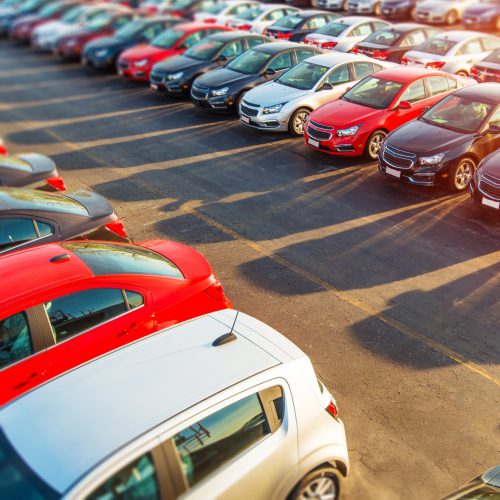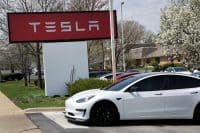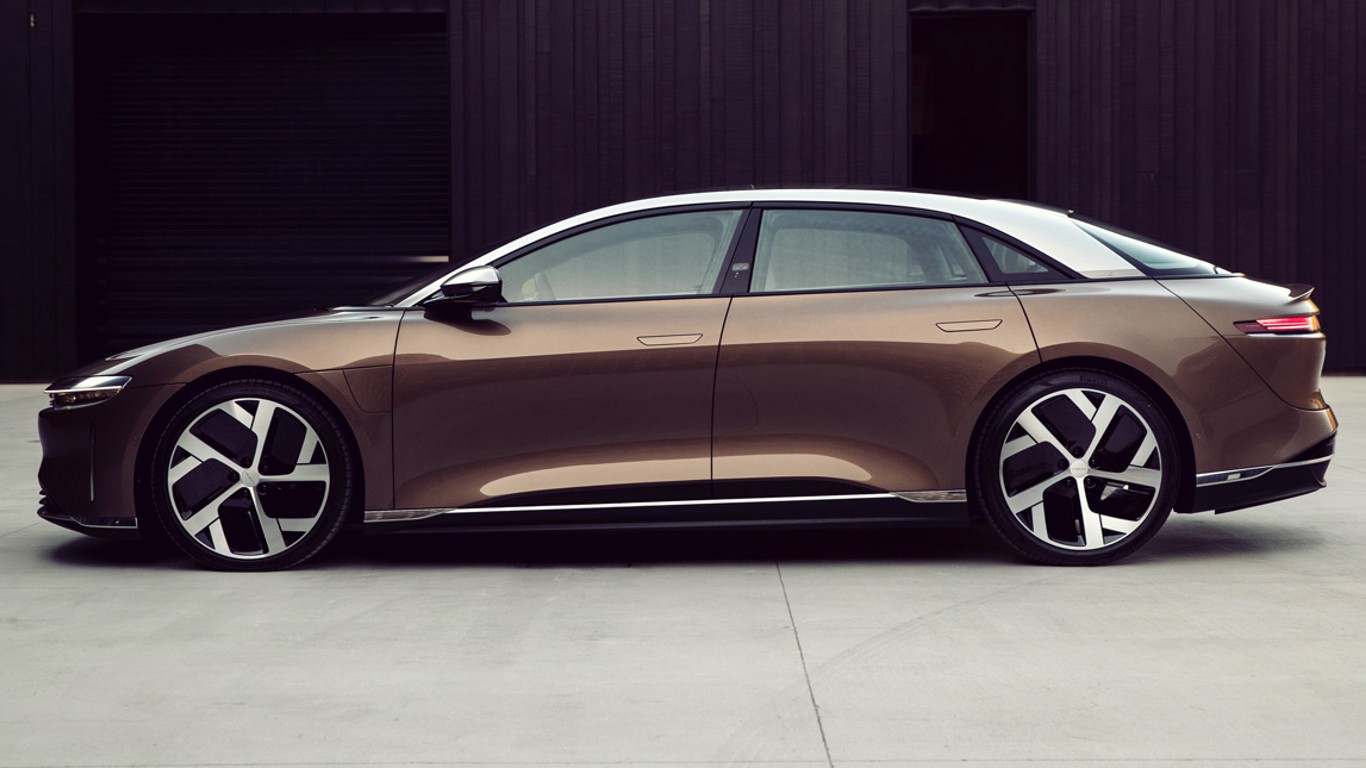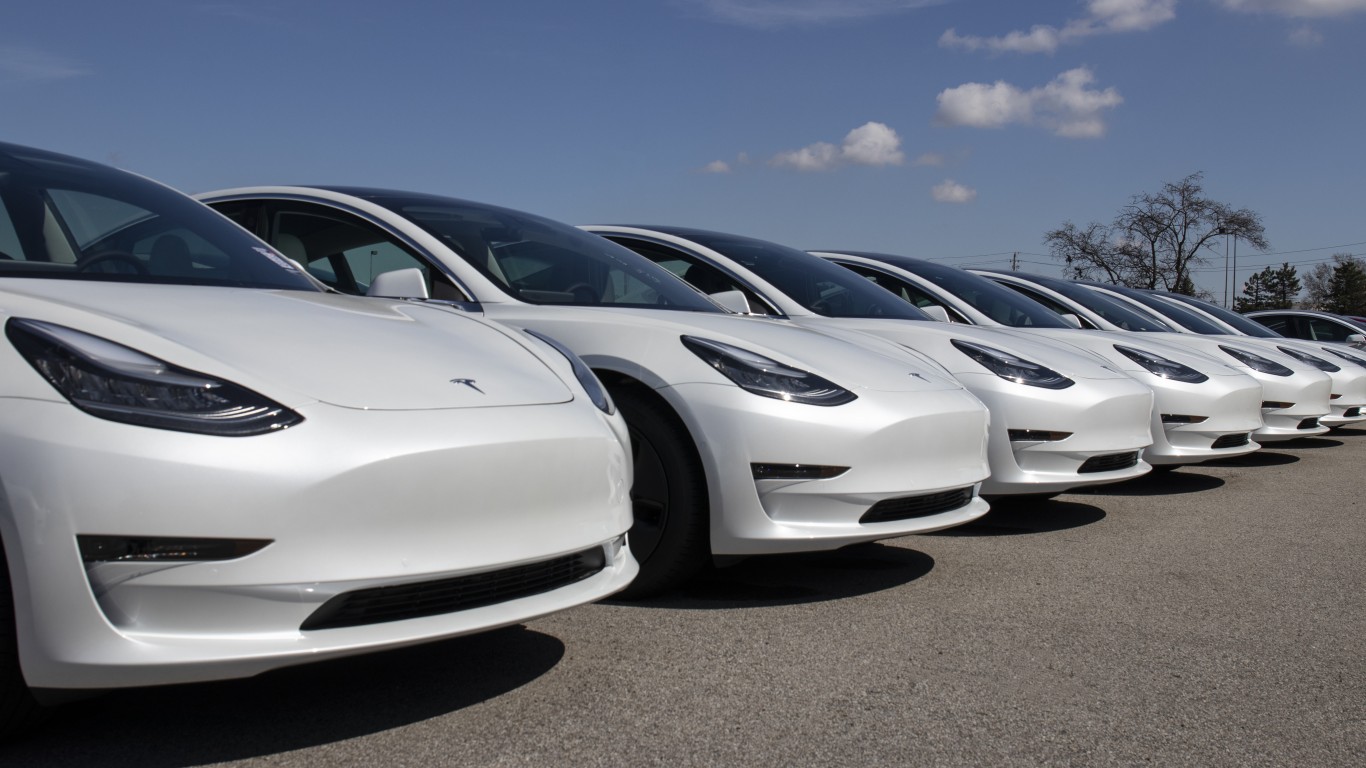
Ever since Donald Trump first threw his hat into the presidential nominee ring in June of 2015, he has said that he would block a move by Ford Motor Co. (NYSE: F) to open a new manufacturing plant in Mexico. Furthermore, he would pull out of the North American Free Trade Agreement (NAFTA) and either reject or renegotiate the Trans-Pacific Partnership (TPP) agreement.
The general interpretation of President-elect Trump’s pronouncements is that he is proposing a return to an isolationist trade policy, complete with huge tariffs to protect U.S. manufacturing and, presumably, U.S. jobs.
Automakers, like many other industries, did not give Trump much chance of getting elected and now find themselves in the awkward position of having to beg the incoming administration for attention. In a letter to Trump’s transition team last week, the Alliance of Automobile Manufacturers, which counts among its members the Detroit Three, as well as BMW, Mercedes-Benz, Volkswagen and Toyota, among others, reportedly want a Trump administration to give the industry some relief from the regulatory regime they dealt with under the Obama administration.
In 2012, carmakers and the National Highway Traffic Safety Administration and the U.S. Environmental Protection Agency (EPA) reached an agreement under which new car mileage is supposed to reach a fleet average of 54.5 miles per gallon. The automakers, shrewdly, won the right to review progress toward that goal, and that review is scheduled to begin next year and conclude in April 2018.
Now the carmakers are saying that standards they agreed to in 2012 are probably unattainable. From their letter to the Trump transition team, courtesy of Automotive News:
Automakers have outlined concerns that call into question the viability of the modeling used in the draft [Technical Assessment Report] TAR. In short, we believe the TAR over-projects technology efficiencies and inadequately accounts for consumer acceptance and marketplace realities. These market factors are absolutely critical since automakers are ultimately judged by what consumers take out of showrooms across America, rather than what automakers put into those showrooms. The combination of low gas prices and the existing fuel efficiency gains from the early years of the program is undercutting consumer willingness to buy the vehicles with more expensive alternative powertrains that are necessary for the sector to comply with the more stringent standards in out-years.
The automakers want a Trump administration to review other recent regulatory decisions regarding self-driving cars. Carmakers do make one significant point in their letter: “[T]echnology and change are swamping the regulatory capacity to manage our emerging reality. Reform is imperative.”
Automakers are also right that there needs to be a “harmonization” of fuel rules and a thorough examination of the many state regulatory programs that are different from any federal program. But Obama administration officials acknowledged that in 2012 as well.
None of this is particularly earth-shattering, but when carmakers go to politicians asking for favors, they might consider how politics works. On November 9, one day after Trump’s election win, General Motors Co. (NYSE: GM) announced that it was firing 2,000 workers in Ohio and Michigan. This does not play well with Trump’s campaign promise to return manufacturing jobs to the United States, and probably plays even less well with voters in Ohio and Michigan who helped put Trump in the White House.
The biggest threats to automakers are Trump’s promises to pull out of NAFTA and impose tariffs on auto imports. The automakers did not once in their letter refer to either NAFTA or tariffs, although they do make one reference to Mexico:
Since 2008, four new manufacturing plants have been launched in the U.S. and there has been substantial, multi-billion-dollar reinvestment in existing plants. New plants are located in: Greensburg, IN (Honda), West Point, GA (Kia), Blue Springs, MS (Toyota), and Chattanooga, TN (Volkswagen). Also, Volvo is slated to open its new plant in South Carolina in 2018. More broadly, over the last decade (including 2005), six manufacturing plants opened in the U.S. while one plant opened in Canada and five plants opened in Mexico. Given our highly competitive industry, plant location choices reflect trade rules, sales patterns, port and infrastructure access, and cost structure.
That reference to “trade rules” is as close as the industry dares come to begging the new administration not to pull out of NAFTA or do anything to interfere with the global auto industry.
What happens next is hard to predict, but whatever it is, it most likely will happen slowly, and that’s probably just fine with the carmakers and the incoming Trump administration.
100 Million Americans Are Missing This Crucial Retirement Tool
The thought of burdening your family with a financial disaster is most Americans’ nightmare. However, recent studies show that over 100 million Americans still don’t have proper life insurance in the event they pass away.
Life insurance can bring peace of mind – ensuring your loved ones are safeguarded against unforeseen expenses and debts. With premiums often lower than expected and a variety of plans tailored to different life stages and health conditions, securing a policy is more accessible than ever.
A quick, no-obligation quote can provide valuable insight into what’s available and what might best suit your family’s needs. Life insurance is a simple step you can take today to help secure peace of mind for your loved ones tomorrow.
Click here to learn how to get a quote in just a few minutes.
Thank you for reading! Have some feedback for us?
Contact the 24/7 Wall St. editorial team.



